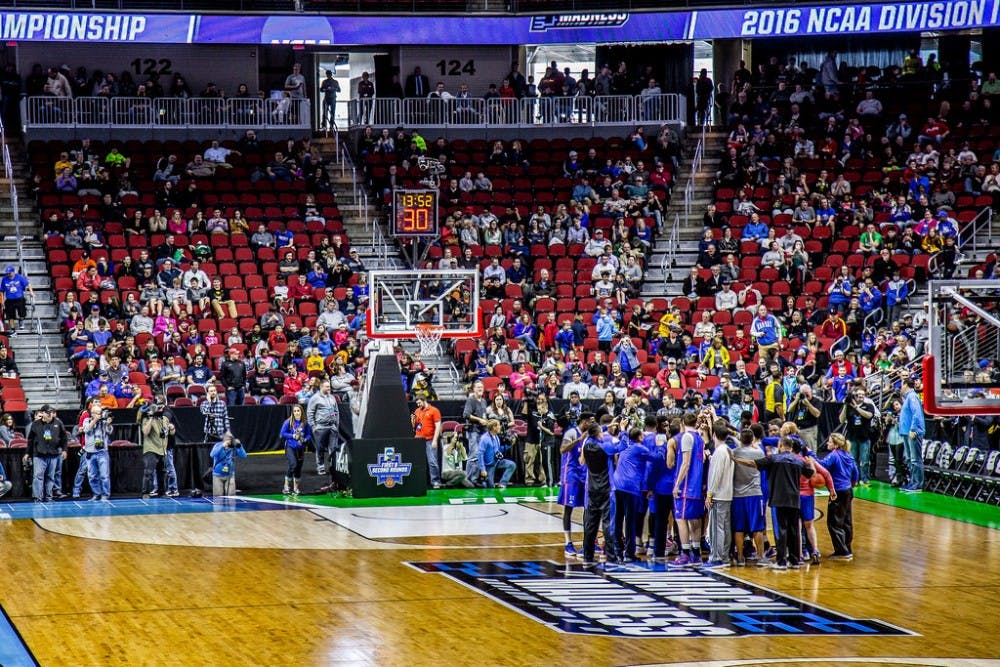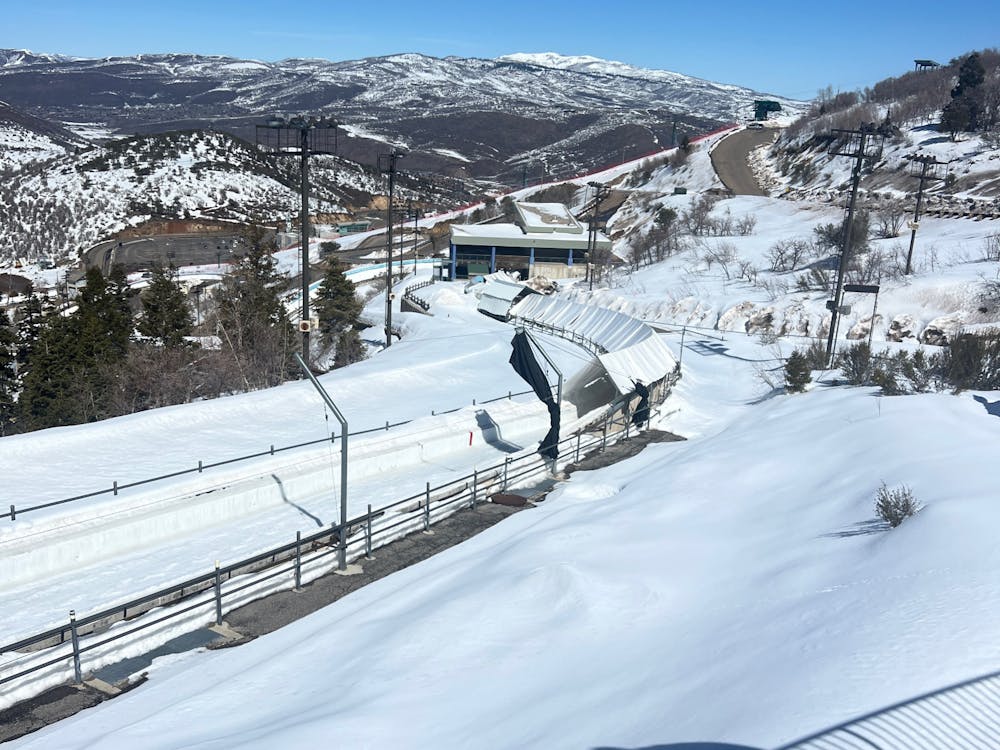
Once again, college basketball fans find themselves subjected to an endless stream of scandals. The long-awaited corruption trial began last week and a flood of information, upsetting yet expected, has flowed out. Three Adidas employees are the defendants accused of wire fraud. Since what they did, paying a student to play basketball, is not a crime, they are being charged with a related crime called wire fraud.
But to any fan who has not attended law school, this is not the interesting part. The interesting part is the information that has come out from the trial.
Some involved parties have agreed to testify in return for immunity from prosecution. What they have revealed are payments adding up to several thousand dollars that were given to players and their families under the table. These are direct violations of the NCAA’s amateurism policies. And those are just a few stories.
Since the FBI released the findings of its two-year long investigation a few months ago, coaches, family and brand representatives have all been subjected to controversy. University of Arizona coach Sean Miller was accused of paying number one draft pick DeAndre Ayton $15,000. Dennis Smith Jr., a player for North Carolina State University, had $40,000 given to his father to attend the school. Brian Bowen Jr., a player for the University of Louisville, had $1,300 given to his father by an assistant coach.
NBA player Lonzo Ball, who played for the University of California, Los Angeles during the 2016-2017 season, has commented on the issue.
“Everybody knows everybody’s getting paid and that’s how it is. Everybody’s getting paid anyway. You might as well make it legal,” Ball said.
The FBI’s findings seem to back up Ball’s claim. Money is constantly being given to college basketball players in private, but the NCAA has never done enough about it. It has allowed these cases to go under the radar and now they have added up into an entire scandal with the threat of jail time looming over people’s heads.
The NCAA has been a hated organization for a long time. The organization pulls in billions of dollars every year and has absolute power over college athletes, some of whom are as young as 17. It’s easy to see how this power can be abused, and people have not shied away from giving the NCAA its fair share of criticism.
Whether or not a crime has been committed, it is already certain that NCAA regulations have been violated. How the organization reacts can either drive its reputation further into the ground or begin the process of repairing it.
The debate over whether college athletes should be paid has raged for years now. Many people want to see the players get their share of the millions of dollars their games bring in. Some see it as a benefit to the young stars, some of whom come from poor backgrounds and cannot have a job in college due to their classes and practice schedule. Still, others think college athletes should remain amateurs and those who want money can always play overseas instead. The idea of wealthier colleges getting better players simply because they can afford them also doesn’t seem great for competition.
But whichever decision the NCAA decides to choose, it needs to act swiftly and firmly. Understandably, the NCAA will likely wait to administer any penalties until after the trial has ended and all the details have come out.
The major problem is that many of the players named in the trial and FBI investigation are already out of the NCAA’s jurisdiction. They have moved on to the NBA, joined a different professional league or simply graduated college. If the NCAA wants to make changes, it must find a legitimate way to punish actual offenders, not the innocent players and staff that may be at the involved universities now. If it chooses to keep its rules as they are, it needs to be much stricter about their enforcement.
What Lonzo Ball said may indeed be right, and NCAA officials have no excuse for not knowing about these violations. It seems that the number of players being paid illicitly is massive, and there needs to be a practical way of screening elite college athletes to ensure they are complying with the regulations in place.
Back in the early 1900s, the NCAA faced a similar problem. College sports were meant to be fun activities between students who were already enrolled at their respective colleges. Athletic scholarships were not yet legal, but students and staff still found ways to entice prospects to come to their university. Free housing and favors were common ways to do this without literally giving the students money.
Not unlike the current state of affairs, everyone was trying to find ways to circumvent the rules. Everyone knew people were doing these things and there was only so much the NCAA could do. So, in 1952, the athletic scholarship was legalized.
A similar resolution could end up happening within the next few years. And if it does, the NCAA will still have to decide whether or not the offending parties should be penalized for violating a rule that has been done away with.
In short, a lot of tough decisions need to be made. If the NCAA wants to keep its reputation intact, it needs to keep one thing in the front of its mind: the best interests of the student-athletes the organization is meant to serve.





